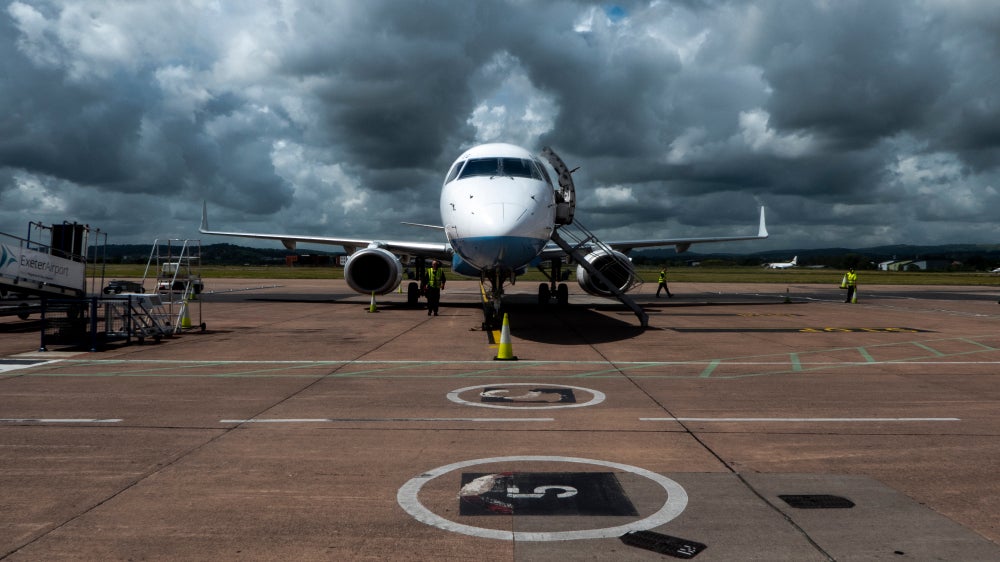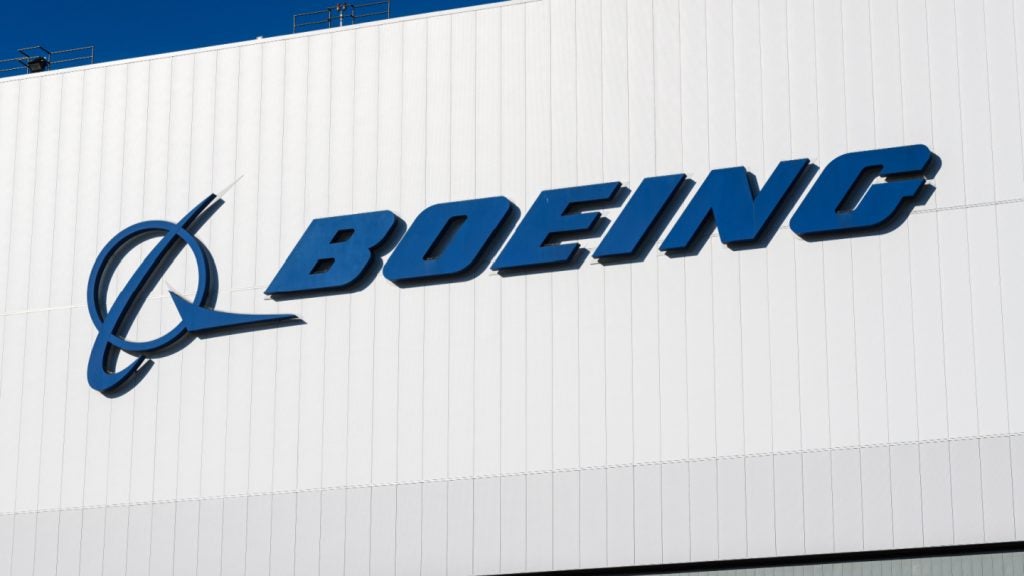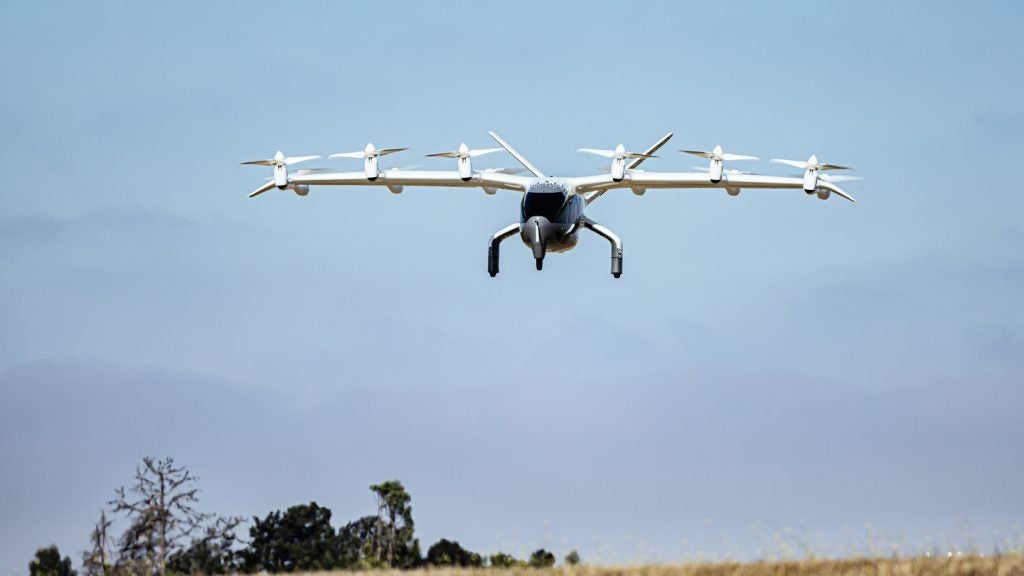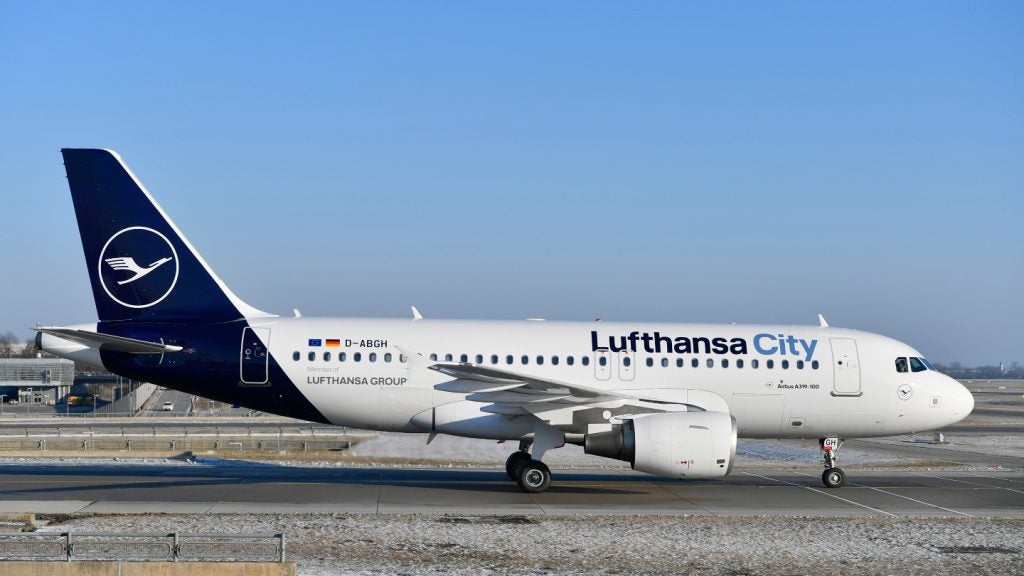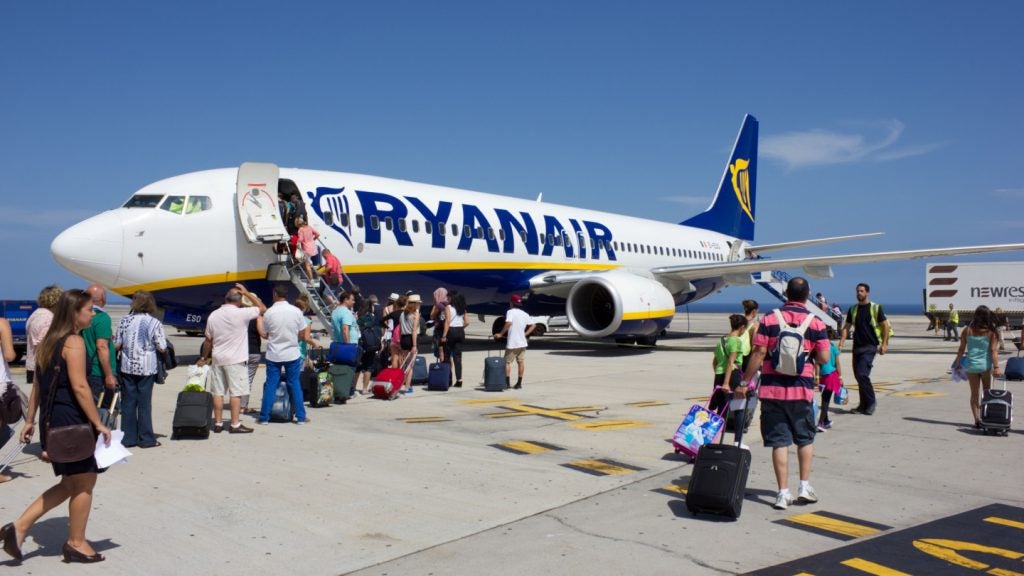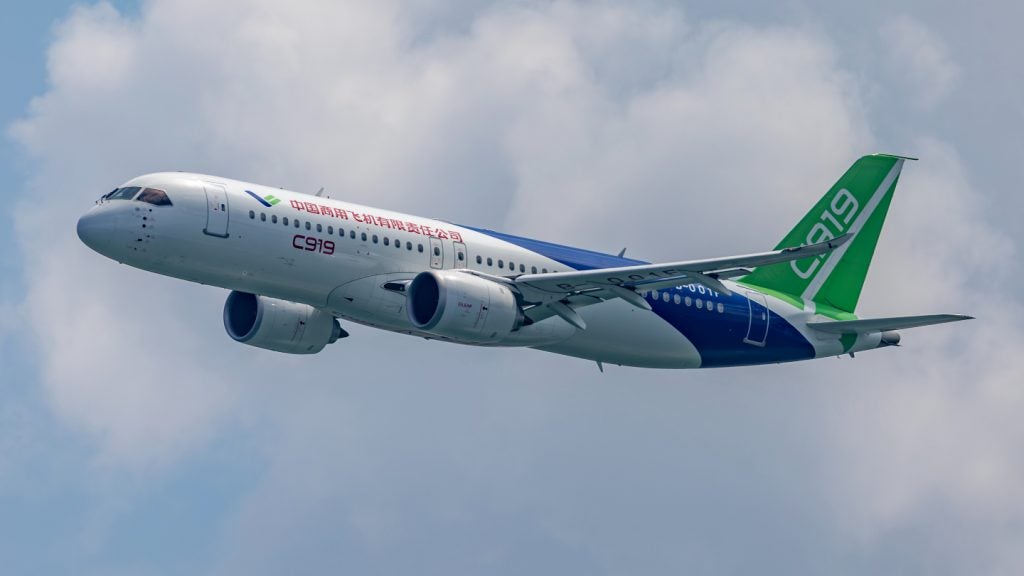The UK’s Civil Aviation Authority has named Cranfield Aerospace Solutions, Exeter Airport Consortium and ZeroAvia the first companies “to increase industry and regulatory readiness for the introduction of hydrogen fuel” via its hydrogen sandbox.
The programme was launched in November, backed by £1m ($1.25m), with the aim of testing the authority’s regulations around hydrogen aviation fuel, and encouraging development of the fuel and its applications.
Each of the first companies named have ongoing hydrogen aviation projects.
Cranfield Aerospace Solutions is developing a hydrogen fuel cell drivetrain to be applied to aircraft.
The Exeter Consortium will focus on reducing the environmental impact of aircraft turnarounds at Exeter Airport.
ZeroAvia will lend its expertise on retrofitting planes with hydrogen engines, as it continues to test its prototype fitted to a Dornier 228, which is flying under a UK CAA Permit to Fly.
“With the ever-increasing optimism around hydrogen as the fuel of the future for aviation, it is critical that there is good knowledge sharing between the regulator and industry in this nascent area, ZeroAvia’s Paul Harper remarked.
“Given we are already flight testing and working with the UK Civil Aviation Authority on certification of our first engine, now is the right time for the Hydrogen Challenge to swing into action.”
Tim Johnson, UK CAA’s strategy and policy director, said the Sandbox exercise would ensure UK aviation makes the most of hydrogen aviation fuel.
“The Hydrogen Challenge is key to helping both the sector and UK Civil Aviation Authority to better understand emerging hydrogen technologies and the regulatory steps to progress towards entry into service,” he said.
“Working closely with the three selected companies will enable us to take a step closer towards a net-zero aviation sector by supporting the industry to explore how feasible the introduction of hydrogen is and how we can make sure regulation develops with the technology and is fit for purpose.”


